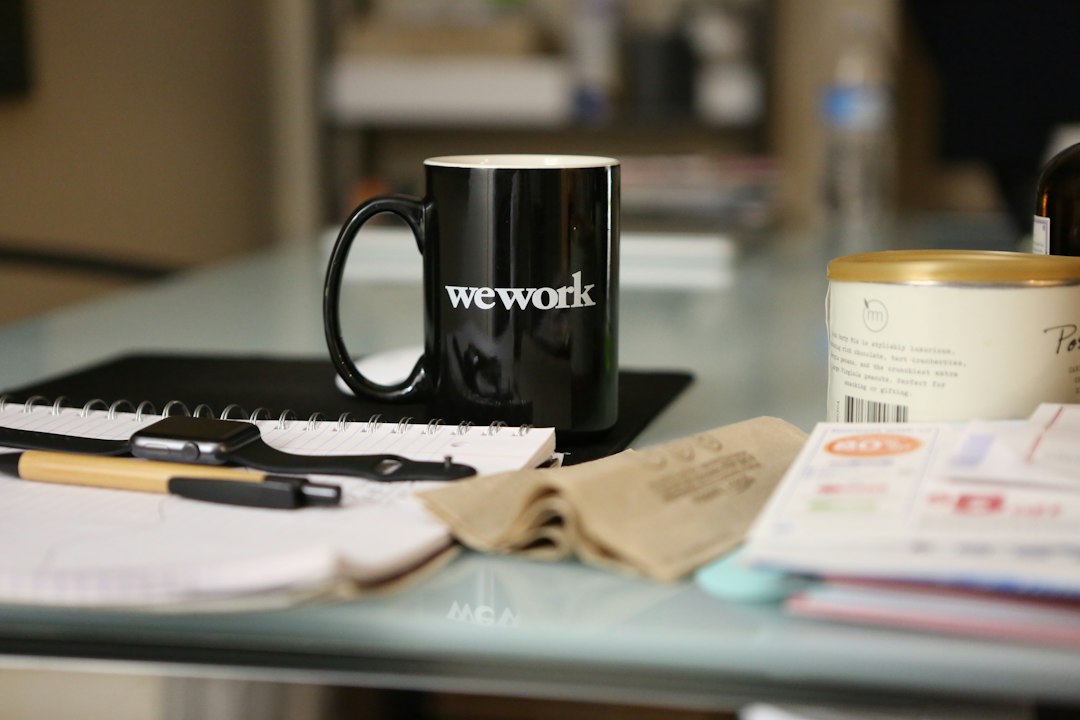The Impact of Artificial Intelligence on the Job Market
In recent years, artificial intelligence (AI) has emerged as a transformative technology with the potential to revolutionize various industries. AI systems can perform tasks that usually require human intelligence, such as visual perception, speech recognition, decision-making, and problem-solving. While this has brought about numerous benefits and advancements, it is also raising concerns about its impact on the job market.
As AI becomes more sophisticated and capable, there is a valid concern that it may replace human workers in various sectors, leading to job displacement and unemployment. Automation technologies driven by AI, like robots and self-driving cars, have already started to transform certain industries, such as manufacturing and transportation. These advancements have caused uncertainty and anxiety among many workers, who fear that their jobs could be at risk.
One major concern is that AI and automation will render certain job functions obsolete. Repetitive and mundane tasks that can be easily automated may no longer require human intervention. For example, in the manufacturing industry, AI-powered machines are replacing human workers on assembly lines and in some cases, performing tasks with greater speed and precision. Similarly, in customer service roles, chatbots and virtual assistants can handle basic inquiries, reducing the need for human customer representatives.
However, while AI may replace some jobs, it is also expected to create new ones. As automation takes over routine tasks, humans can shift their focus to more complex and creative roles that require critical thinking and emotional intelligence. Jobs that involve creativity, problem-solving, and innovation are predicted to increase in demand. This shift in job requirements may lead to a reevaluation of education and training programs to ensure that workers are equipped with the necessary skills for these new roles.
Moreover, AI has the potential to augment human capabilities and make workers more productive. AI-powered tools and software can assist professionals in various fields, such as healthcare, law, and finance. For instance, in the medical field, AI algorithms can analyze medical records and diagnostic images to help doctors make more accurate diagnoses. This collaboration between AI and humans can result in better outcomes and improved efficiency.
Although AI may displace certain jobs, it is not expected to completely eliminate human labor. Some jobs require human touch, empathy, and ethical decision-making, attributes that are hard to replicate in AI. Occupations in healthcare, teaching, counseling, and creative industries heavily rely on human interaction and emotional intelligence. These jobs are less likely to be fully automated, emphasizing the importance of soft skills in the future job market.
To navigate the changing job landscape, individuals need to adapt and acquire new skills that align with the demands of the digital era. Lifelong learning and upskilling will become crucial for professionals to remain relevant and competitive in the job market. Employers also have a responsibility to invest in training their workforce to adapt and collaborate with AI systems effectively.
Government policies and regulations will play a crucial role in mitigating the potential negative impacts of AI on the job market. It is imperative to ensure that there are safety nets for displaced workers, such as retraining programs, unemployment benefits, and job placement services. Governments should also focus on fostering innovation and entrepreneurship to create new job opportunities.
In conclusion, the impact of AI on the job market is inevitable and multifaceted. While there may be concerns about job displacement, there are also opportunities for new and more fulfilling roles. The key lies in preparing the workforce for this transition and investing in the necessary infrastructure and support systems to navigate these changes successfully. With careful planning and collaboration, we can harness the power of AI to create a future where humans and machines work together harmoniously.

